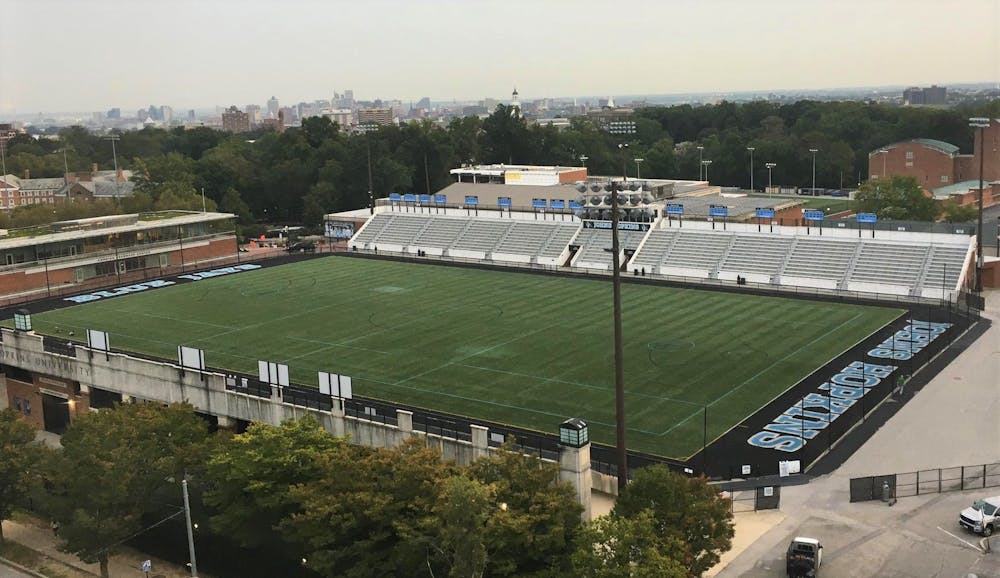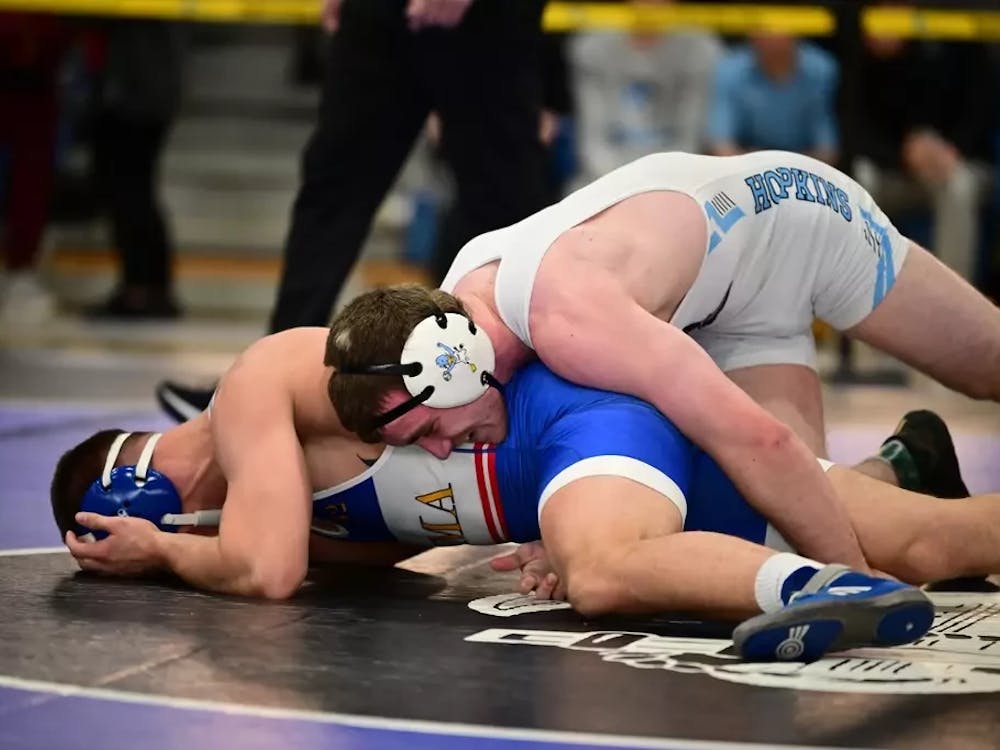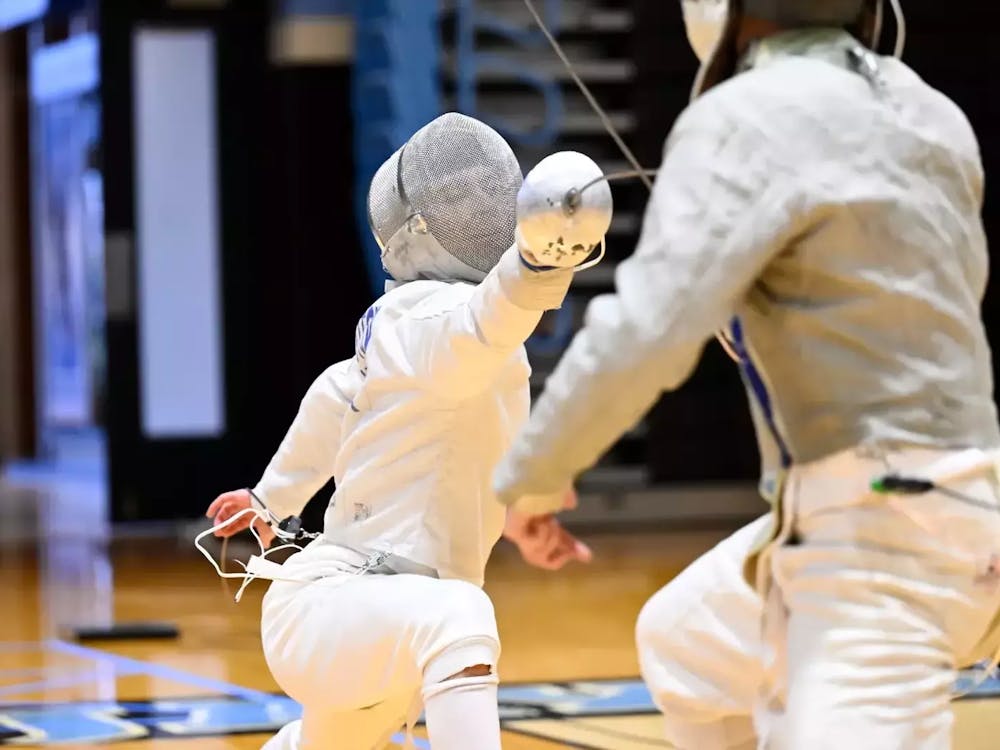
To those who profit from athletics, sports are merely a business, maybe even entertainment. But to the collegiate athletes at all levels who have dedicated their lives to sports are so much more than a dollar sign. Yet in the era of coronavirus (COVID-19), nearly every return-to-play decision is being determined by exactly that: money.
There are innumerable risks associated with the return to competitive sports. A continuation of the spread of COVID-19 is at the top of everyone’s minds, but there is new information about other conditions caused by COVID-19 that pose serious risks to young athletes.
Myocarditis, inflammation of the heart, has been linked to COVID-19, and its effects are still widely unknown. Myocarditis is already more prevalent in high-performing athletes because of the physical demands of their sport. There is a whole slew of other health risks associated with returning to play, but the question remains whether these risks outweigh the benefits that sports offer.
Unfortunately for the athletes, the “benefit” that sports offer often has nothing to do with the athletes themselves. The sports that generate the most revenue — think Division I football and basketball — are returning to play, while the Centennial Conference has canceled all sports through the end of the year. The risks that caused the Conference to cancel the upcoming seasons still apply to Big Ten football. Yet, upper management has decided that the profitability of the sport is worth the risk that will be placed on the athletes. Love of the game and desire to compete do not discriminate across sports, but profitability does.
Returning to play means more today than just stepping back on the field. There is a huge cost associated with COVID-19 testing, proper health screenings and many other roadblocks posed by our pandemic world. Athletes cannot control the funding that their sport may or may not receive to buy these new necessities.
What this means is that many sports will be cast to the side because the revenue they generate does not make up for the financial cost of returning to play in a pandemic. Football is probably the sport with the most amount of physical contact, making it very likely to spread COVID-19. Yet it will be one of the first sports to resume because of the sheer amount of money it brings to universities.
At every level of athletics, sports transcend the mere act of competing. They are those early morning wake-ups, those countless hours in the locker room, that indescribable feeling of putting on a jersey and lacing up cleats. Athletics are the relationships you build, the lessons you learn and that feeling you cannot get from anything else. That feeling every athlete, regardless of whether their sport makes money, gets. Far too many young athletes will never feel that way again.
This is the harsh reality of collegiate athletics, especially at an institution like Hopkins. Most Hopkins athletes are not planning on playing their sport professionally, so college is their last opportunity to be part of an organized team.
But that does not mean athletes do not dedicate themselves to their sport. Sports at Hopkins, just like at a revenue-generating Division I school, are essential to many students’ experiences. The athletes who cannot return to play are losing so much more than just the opportunity to compete. They are losing their family, that special group of people they rely on so much for their physical and mental well-being. They are losing an outlet for all the many struggles life throws at us. Their loss is just as great as any Division I football player.





